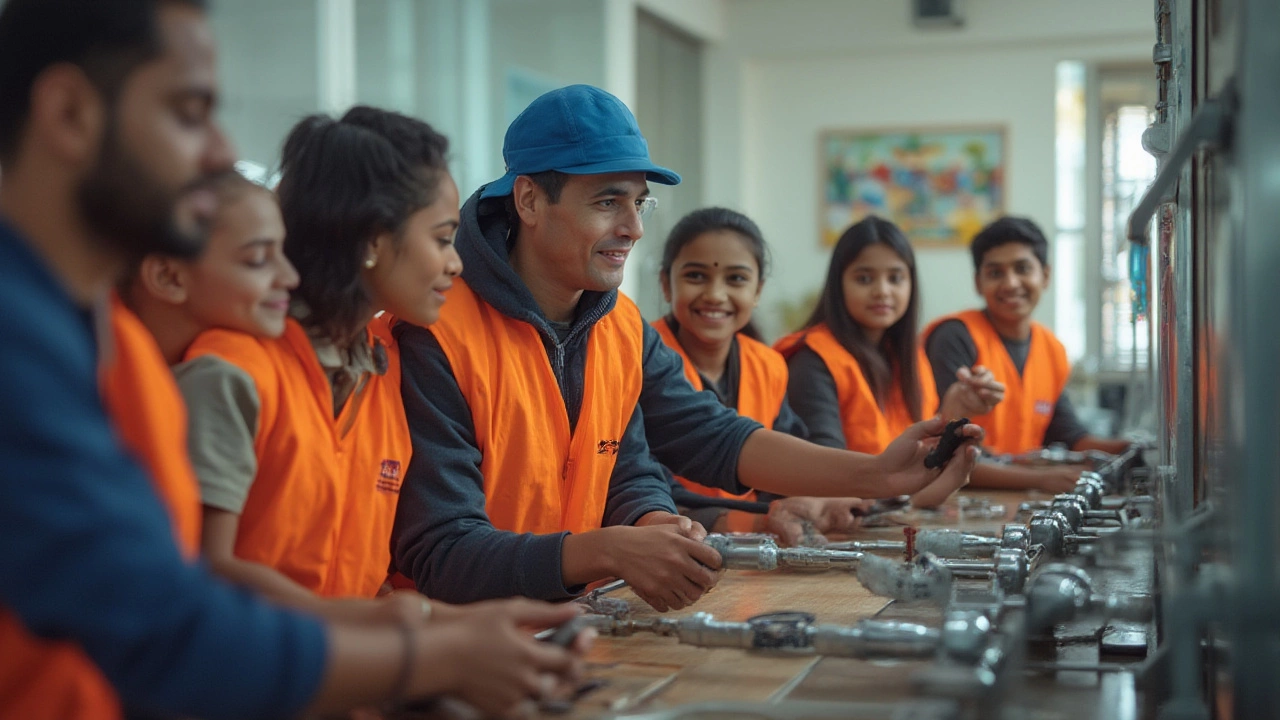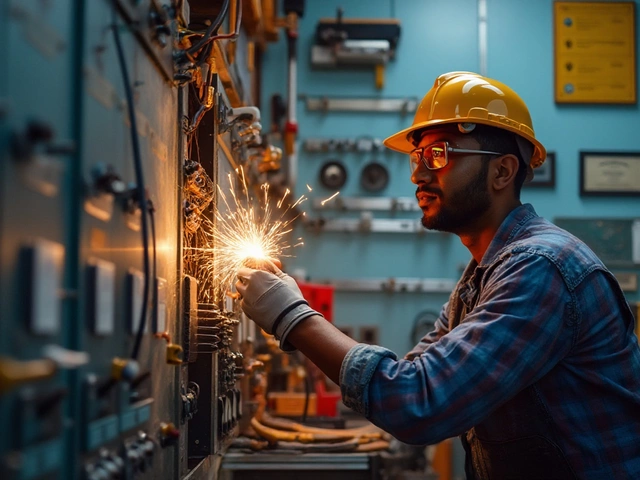Plumber Qualifications – How to Get Certified and Hired
If you want to work with pipes, fix leaks, and earn a decent salary, you need the right qualifications. In India and many other countries, a plumber isn’t just someone who can wrench a pipe together. Employers look for formal training, a valid license, and proven hands‑on skills. This guide tells you exactly what you need, so you can start a solid career without guessing.
Core Training and Certifications
First up, basic education. Most plumbing programs require you to have finished 10th grade, but many institutes prefer 12th grade with a focus on science or mathematics. After that, you can enroll in a diploma or certificate course at a recognized polytechnic, industrial training institute (ITI), or private academy. These courses usually run 1‑2 years and cover topics like pipe fitting, water supply systems, drainage, and safety standards.
While studying, you’ll spend a lot of time in workshops. Hands‑on practice is the real test – you’ll learn how to read blueprints, solder copper, install PVC, and test water pressure. Look for programs that include an internship or apprenticeship component. In an apprenticeship, you work under a licensed plumber, earn a stipend, and log the required hours (often around 1,500‑2,000 hours). This on‑the‑job training is the fastest way to turn theory into skill.
When you finish the course, you’ll receive a certificate that proves you’ve met the curriculum standards. Some popular certifications in India include the National Skills Qualification Framework (NSQF) level 3 for plumbing, and the City & Guilds certificates if you study abroad. Having a recognized certificate makes it easier to apply for a license and win employer trust.
Licensing, Exams, and Job Tips
Next, the license. Most states require plumbers to be licensed before they can work independently or sign contracts. The licensing process typically involves a written exam that tests plumbing codes, safety regulations, and basic math. Some states also ask for a practical test – you might have to demonstrate a proper joint or fix a simulated leak.
To apply, gather your education certificates, apprenticeship log, identity proof, and pay the fee (usually between INR 1,000‑3,000). After you pass the exam, you’ll receive a plumber’s license that’s valid for a few years. Keep it up to date by attending refresher courses, especially when local building codes change.
Now you’re ready to look for work. Start with local contractors, plumbing firms, or construction companies. Highlight your hands‑on experience, certifications, and license in your resume. Many employers also value soft skills – clear communication, punctuality, and customer service go a long way when you’re entering homes or workplaces.
Finally, consider specialization. You can focus on residential plumbing, commercial projects, or even green plumbing that uses water‑saving technologies. Specialized skills often command higher rates and open doors to supervisory roles.
Bottom line: get a solid diploma or certificate, complete an apprenticeship, pass the licensing exam, and keep learning. With those steps, you’ll have the plumber qualifications that employers trust and the confidence to build a lasting career.





